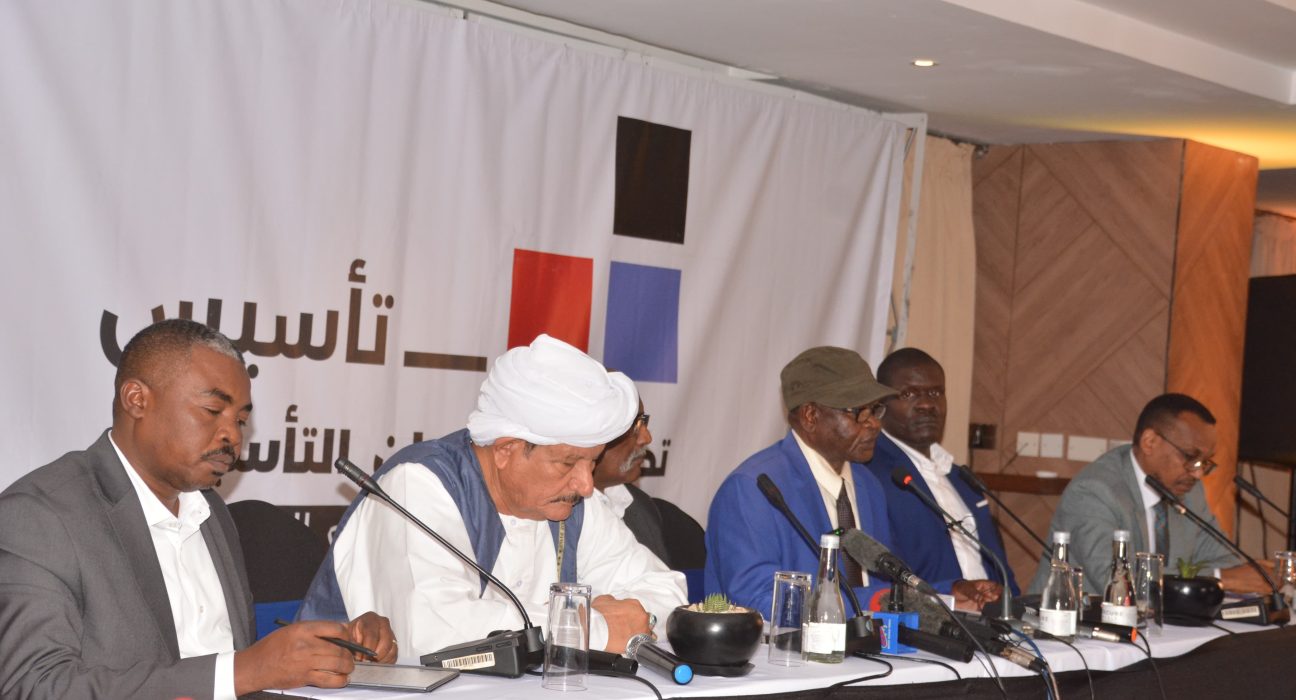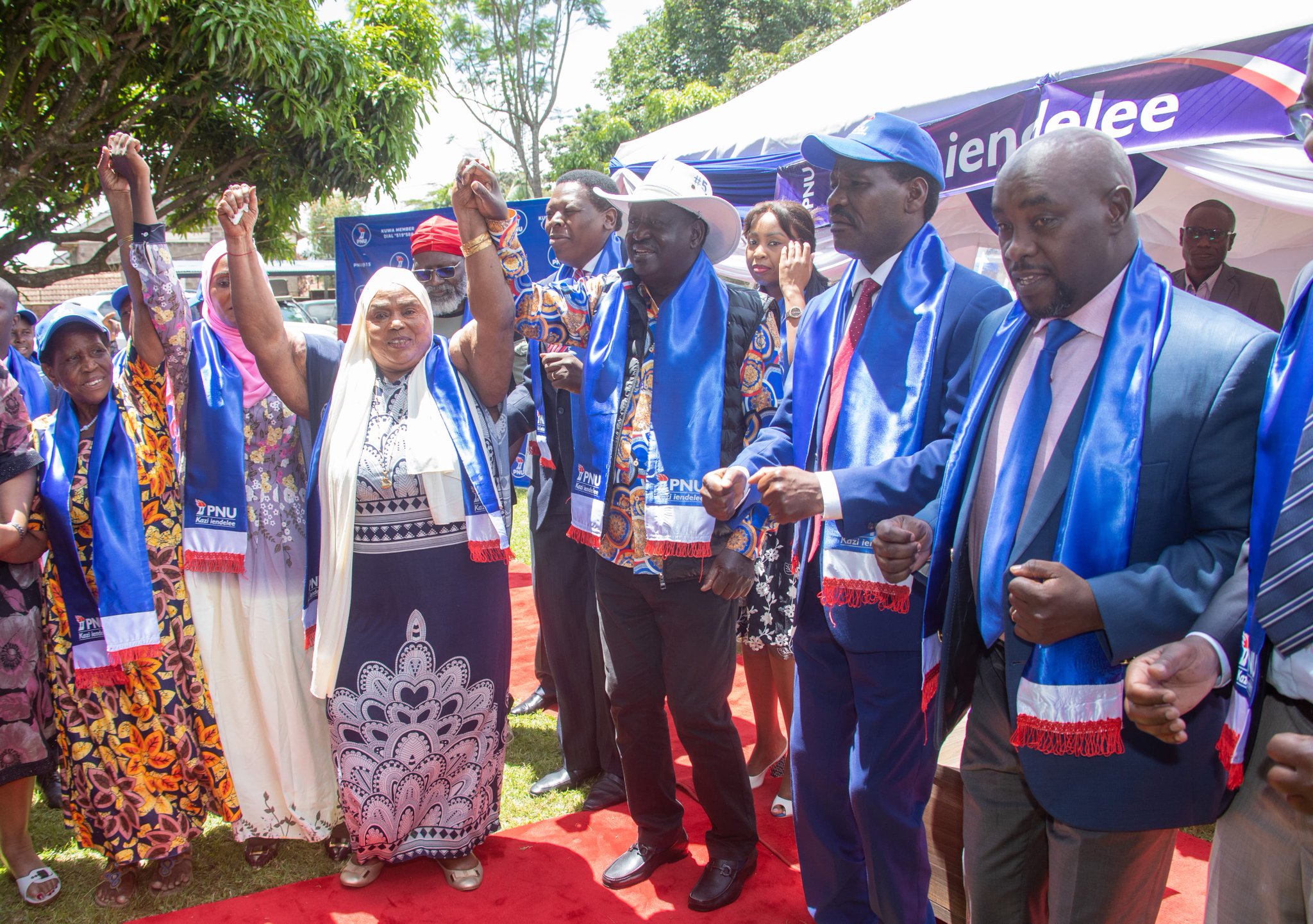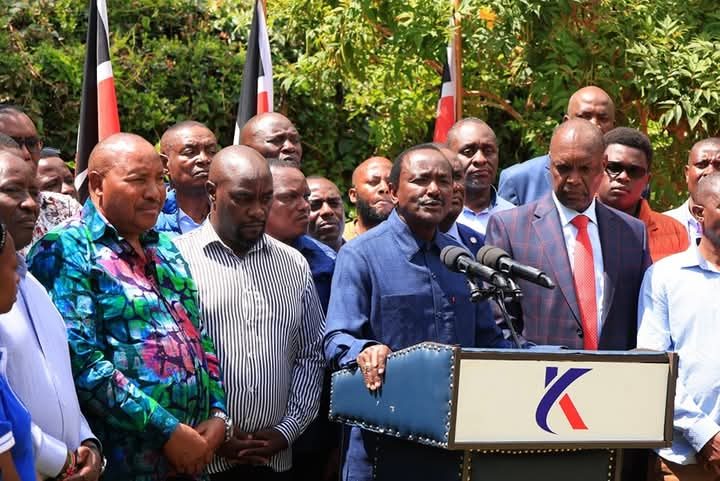By Eddah Waithaka
On Tuesday, Sudanese political groups and armed movements aligned with the paramilitary Rapid Support Forces (RSF) signed a transitional charter in Nairobi.
The charter endorses the establishment of a secular state for Sudan, among other provisions. The signing took place on February 23 and included the RSF, factions of the Sudan Revolutionary Front, the Sudan People’s Liberation Movement-North (SPLM-N) led by Abdelaziz al-Hilu, the National Umma Party, civil society groups, and other civilian entities.
This agreement lays the groundwork for a parallel government in RSF-controlled areas, which is expected to be announced in the coming weeks. However, the Sudanese government has rejected the move, calling it divisive and a violation of African sovereignty.
The Founding Sudan Coalition issued a statement, seen by ‘Sudan Tribune’, confirming that the parties had “signed the transitional constitution of the Republic of Sudan for the year 2025 in Nairobi.”
The charter calls for the repeal of the 2019 transitional constitutional document and all prior laws, decisions, and decrees. It also declares Sudan a secular, democratic, and decentralized state with a Sudanese identity based on the separation of religion and state.
The transitional charter outlines a two-phase transitional period: a pre-foundational phase, starting from the charter’s effective date and lasting until the official end of the wars, and a foundational transitional phase, beginning immediately after the wars end and continuing for ten years.
Read More On : https://africawatchnews.co.ke/sudan-founding-alliance-condemns-un-envoys-bias-calls-for-inclusive-peace-process/
The charter assigns key tasks to the planned government, including ending conflicts, achieving sustainable peace, promoting security, stability, justice, and development, fostering national unity, combating hate speech, addressing the humanitarian crisis, and protecting civilians.
The charter proposes dividing Sudan into eight regions: Khartoum, the Eastern Region, the Northern Region, Darfur, the Central Region, Kordofan, the South Kordofan/Nuba Mountains, and the New Fung region. Each region will have its own constitution, reflecting its unique characteristics while adhering to the state’s nature as defined in the charter.
The governing structures will include a founding legislative body composed of a Council of Regions with 24 members and a Council of Deputies with 177 members.
The charter mandates fair representation of Sudanese communities and ensures at least 40% women’s representation in the legislative body. A presidential council, consisting of 15 members chosen by the Founding Sudan Coalition, will serve as Sudan’s sovereign authority and symbol of unity.
The council will include regional governors, who will represent the president on behalf of their regions.The charter also establishes a Council of Ministers, formed without party quotas, from qualified individuals committed to the charter and the pact.
The parties to the Founding Sudan Pact will consult to choose a prime minister, who will then select up to 16 ministers within 30 days of their appointment.The planned government will create a new army comprising the RSF, the SPLM-N under al-Hilu, and other signatory movements to the “Nairobi” charter.
The army will reflect the diversity of the Sudanese people, remain under civilian oversight, and operate independently of any ideological, political, party, regional, or tribal affiliation. Its role will be limited to protecting the country and its sovereignty.
The “Nairobi Charter” has drawn criticism from the United Nations and the United States, which labeled it “a new escalation” and “a step that will not help bring peace and security to Sudan.”
Saudi Arabia, Egypt, Kuwait, Jordan, Somalia, and Qatar have also opposed the move to form a government parallel to the Sudanese army’s authority in Port Sudan.
Read More Stories At: https://africawatchnews.co.ke/







